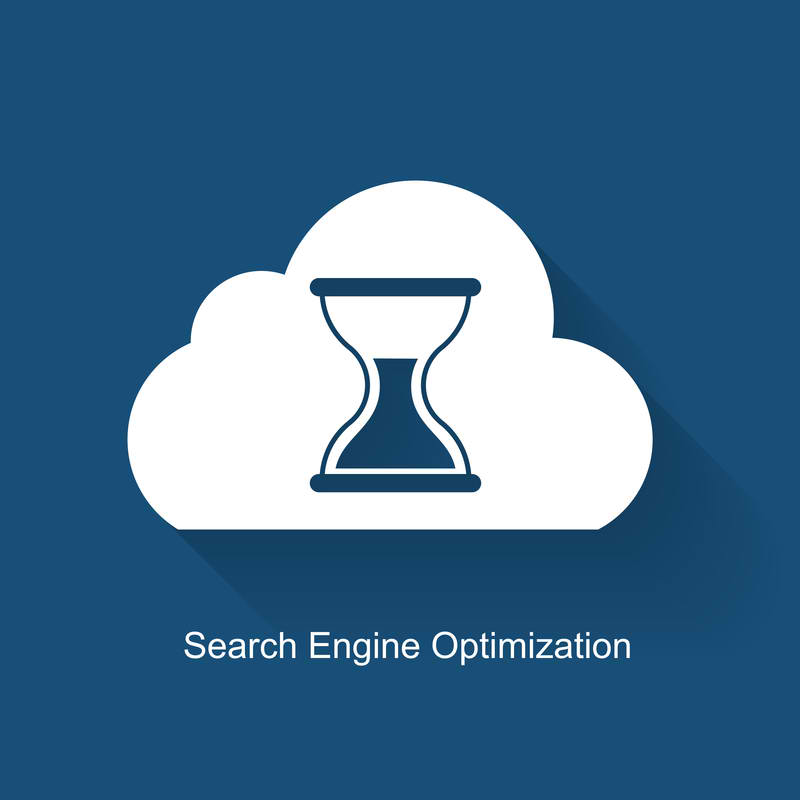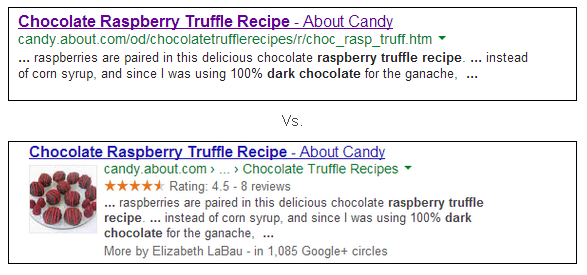
The search engine as we know it is radically changing.
From a technical point of view, it is evolving from merely a “search” engine into what can rather be called an “answer” engine. This change is already happening right before our eyes and is slowly but surely being integrated into algorithms – practically changing how search will be done in the future. As a business owner or digital marketer, one must have a clear understanding of what constitutes semantic search and how it will affect the way SEO will operate in the near future. First and foremost would be an understanding of the definitions beginning with the basic workings of a traditional search engine.
Previously, search engines crawl and index a particular web page and look at it as a mere string of text elements. It really does not look deeply into the meaning of the words formed by these elements. When someone makes a search, it also creates a pattern of text elements, and what the search engine does is return web pages that best match this same pattern according to rules set by the engine’s algorithms. All these will change in the new era of semantic web. Instead of patterns, algorithms will be reprogrammed to provide search results based on the meaning of the words used for the query. It will try to understand exactly what the user is trying to look, providing a better and more accurate search result.
Digital Marketing Philippines provides you with these amazing facts and statistics to give you a better understanding of Semantic SEO and how it can help you with your digital marketing efforts in the near future.
The infographic (click to zoom):
1. Semantic SEO and Brand-User Interaction
In semantic search, the SERPs will return better snippets of information that will provide more useful and more reliable information to the search user. The result will be a better and more engaging brand-user interaction. Take a look at the example below:

Image source: https://searchengineland.com/2014-seo-roadmap-semantic-markup-177798
The first example provided search results based only on keyword matches. The second example provides more useful and relevant information beyond keyword matching, including information about the author, the author’s influence in social media circles, and the results of reviews and what others say about this source – all in one quick view.
As a digital marketer utilizing these elements of Semantic SEO, focus will go beyond keyword matching but more on developing quality content that will make it a better authority of the subject and a bigger influencer among search users looking for the same piece of information.
2. Semantic SEO, Authorship and Authority
As mentioned earlier, authorship and authority will play a bigger role in Semantic SEO. As an owner of a particular piece of content, snippets of your information will be provided in search results, allowing for better brand awareness and interaction with your targeted audiences. The benefits for you will go beyond providing you with better search ranking, but will focus on providing you with better Click Through Rates (CTR) of up to 25% more clicks based on Google’s own statistics.
This is better from a business point of view. Getting more clicks means more targeted traffic heading your way, which is far better than ranking high in search results that no one clicks on. That is why it is important, as Google’s own Matt Cutts pointed out, to give Google Authorship some focus and provide high quality content that is relevant and more importantly, read by targeted audiences.
Once you’ve established authorship, the next phase will be to develop authority. This is done in two ways:
- Social Media Authority Building – authority is developed by having a strong social media presence where you can develop and build your audience. Interaction with your social media audience will generate more social signals associated with your content, thus establishing it as an authority and a source of quality information people consume through social media.
- Content Authority Building – link building will still matter in Semantic SEO. When you publish high quality and relevant content, publishers and other authors will syndicate or link your content, further increasing your authority as a major source of information for that particular theme or subject.
3. Semantic SEO and Content Marketing
Content is king and Semantic SEO will still don the king’s crown in this new era of semantic search. With changes in search algorithms and a growing focus on content marketing, up to 46% of businesses will be formalizing their content marketing strategies according to Unisphere Research. From these businesses, 68% will be making use of their content as a gateway towards better engagement and interaction with their targeted audiences.
Lead generation will also be a top goal for content marketing, just like what 44% of respondents in another survey from eMarketer are saying. On the type of content used for engaging targeted audiences, the following list from Unisphere Research outlines the top information categories they will be using for content:
- 77% — product-related information
- 71% — best practices in their niche
- 71% — thought leadership
- 57% — industry news
- 56% — corporate news
4. Semantic SEO and Hummingbird
Hummingbird is another evolution to Google’s search algorithms that will push it further towards ultimately achieving the framework for a semantic web. With Hummingbird, the focus on search results will go beyond matching pages with just a few keywords used for making the query. What it will do is to take into account the meaning of the whole query, trying to understand its context and meaning so it can return pages with information that the user is actually trying to look for.
This will make the search engine go beyond its basic function as a “search” engine and moving towards ultimately becoming a tool that will provide answers. Search queries will become more conversational, just like someone asking an expert about information they need in a conversational and engaging exchange of information. This is a very important factor to consider when trying to establish Semantic SEO for your business, more so as a greater number of people are relying more and more on their smartphones, tablets and other web-enabled mobile devices.
Think Star Trek when you think semantic search. In Star Trek, characters talk and ask Computer directly for information on their mobile whatchamacallit in a conversational tone and receiving an accurate answer in likewise manner. In semantic search, particularly with Hummingbird, performing the same conversational query through your mobile devices will soon become a reality in the near future.
5. Semantic SEO and the Internet of Things
Semantic search will go beyond mobile devices, as it can and will be part of the Internet of Things (IoT) or the Internet of Everything (IoE). The IoT excludes existing internet-enabled devices like smartphones, tablets and laptops, but rather takes into account all other gadgets and devices that will soon be wirelessly interconnected. According to Gartner, these types of units will grow from the previous 0.9 billion in 2009 to a staggering 26 billion by the year 2020.
This coincides with information from another data group, ABI Research, which reported that by the year 2020, there will be 30 billion devices that will be part of the Internet of Things, up from the existing 10 billion devices already available in the market today. As a digital marketer, it would be to your greatest advantage to start mastering Semantic SEO and play a significant part in the Internet of Things.
6. Semantic SEO and Social Engagement
As mentioned earlier, social signals will play a major role in how you can develop authority and rank higher in future search results. That is why social media engagement should play a key role in your Semantic SEO efforts. eMarketer reported that it is the second most important digital marketing channel right after your main website.
Through social media engagement, trust and good relationship with your targeted audiences will be developed. When you develop this level of trust through Semantic SEO, there is greater than average likelihood that targeted audiences will follow your lead, know more about your brand, and eventually avail of your products and services, just like what 81% of respondents from a Market Force study will do.
7. Semantic SEO and Word-of-Mouth Advertising
Word-of-Mouth advertising takes on new meaning with Semantic SEO. Old search algorithms focus on keyword matching as main basis for search results. In semantic search, what others are saying about your piece of content will matter on how the search engine will rank your website. This really puts a whole new light to word-of-mouth, for the reviews and social signals generated by your content is actually the equivalent of word-of-mouth interaction in this new world of Semantic SEO.
8. Semantic SEO and the Future of Search
The future of search is about providing real answers and not just matches to keywords and phrases. It goes beyond matching as it will also take into account the meaning of the words in the proper context, the opinion and sentiment of other search users towards this piece of information, location, how up-to-date or fresh this information is, and how credible the author is a source of reliable information.
Semantic search, the future of search, is happening now with the advent of Hummingbird, Instant Answers, Google Now and more extensive use of Google’s Knowledge Graph – and as a digital marketer you should be ready to engage in this new marketing arena with Semantic SEO.
Jomer B. Gregorio is a well-rounded expert when it comes digital marketing. Jomer is also known as a semantic SEO evangelist and practitioner. Check out our Digital Marketing Services today and let us help you in achieving positive and profitable results for your business.

